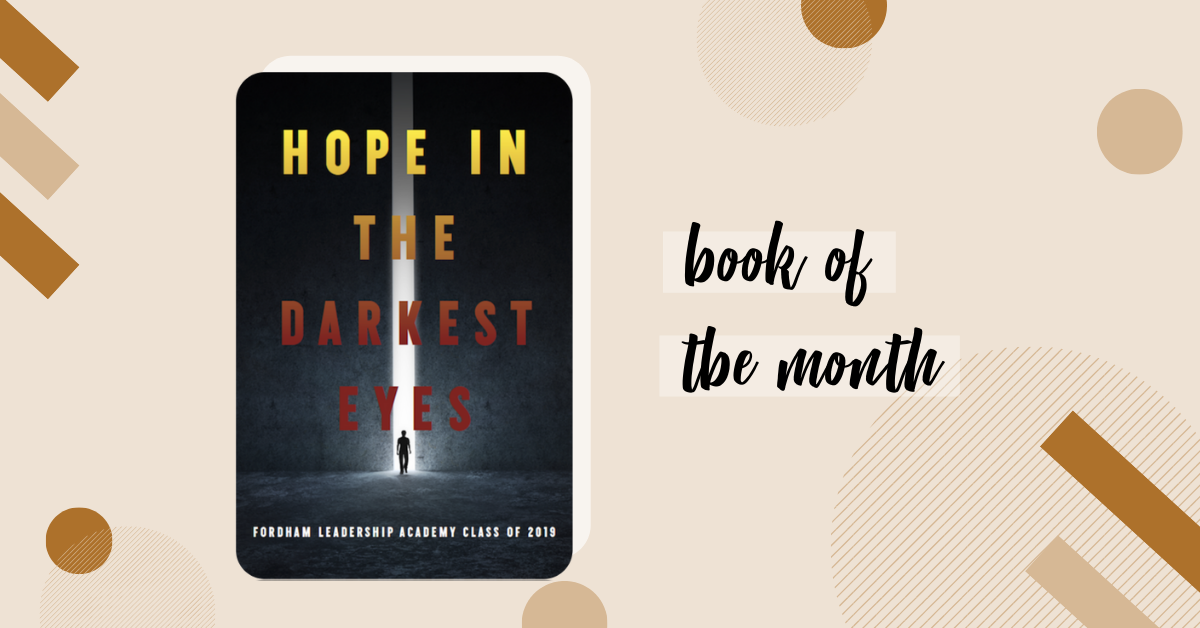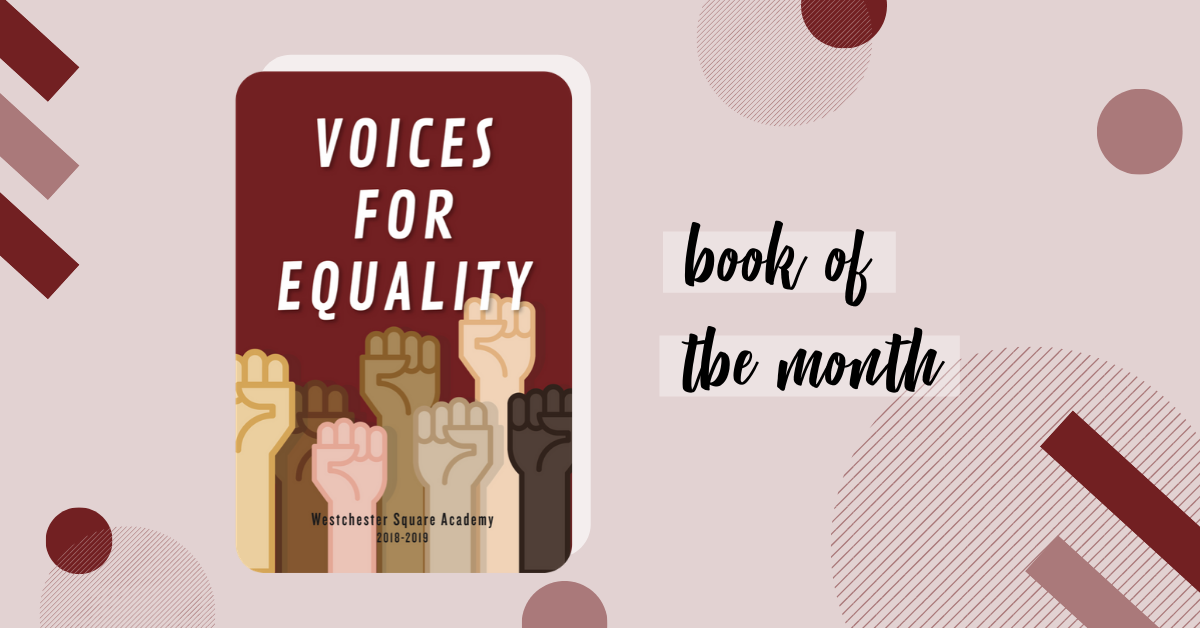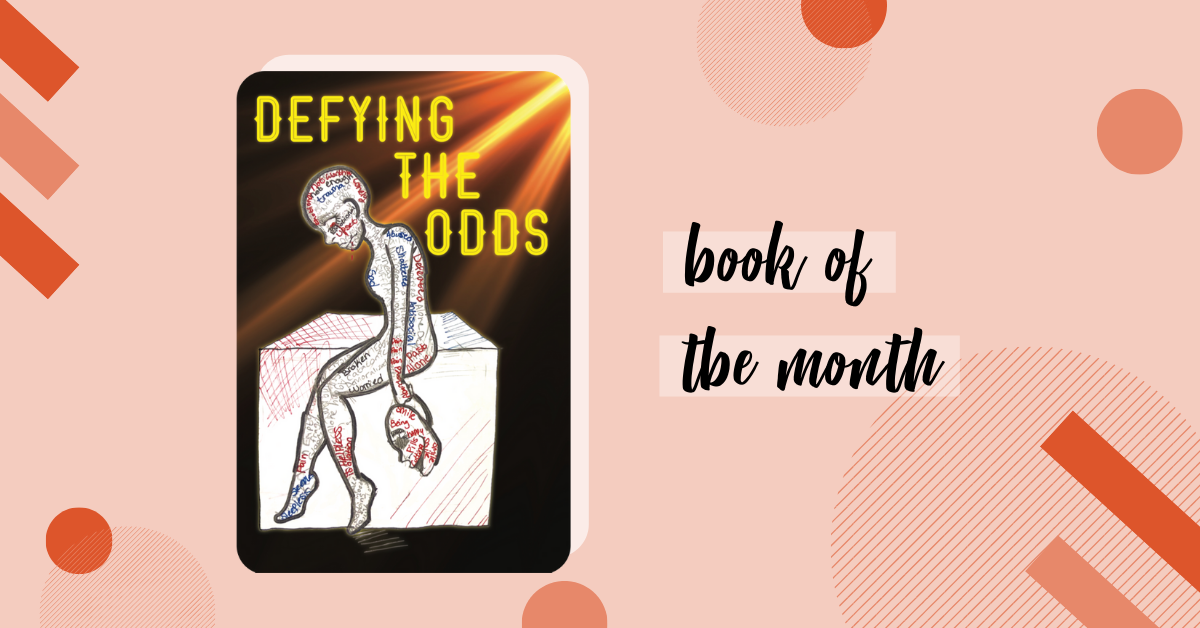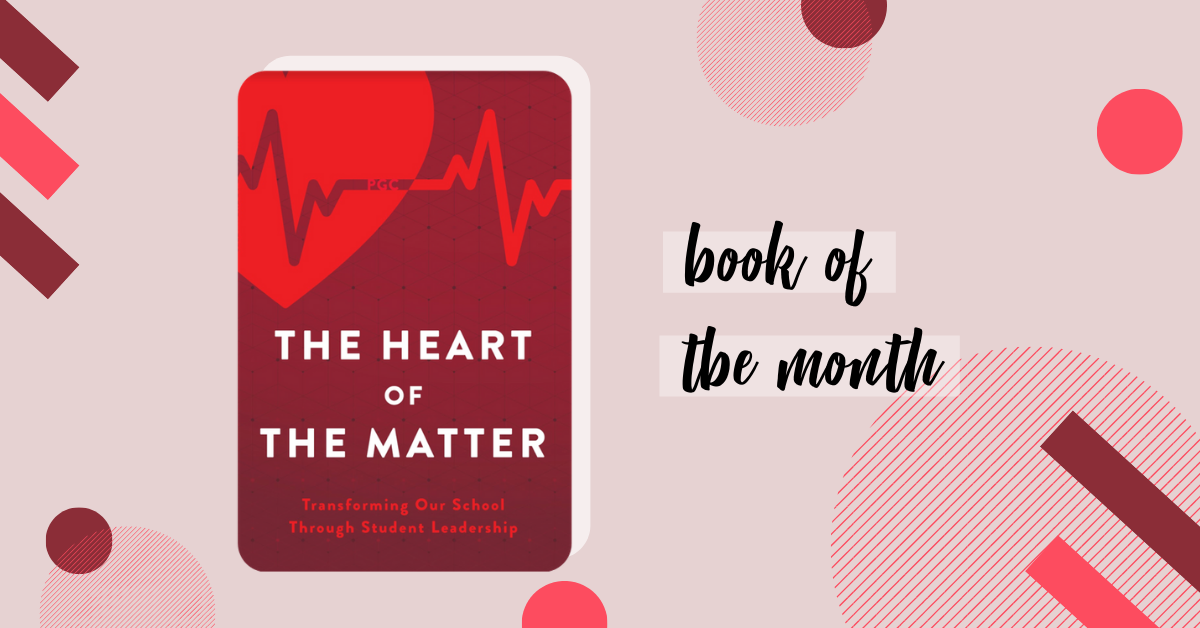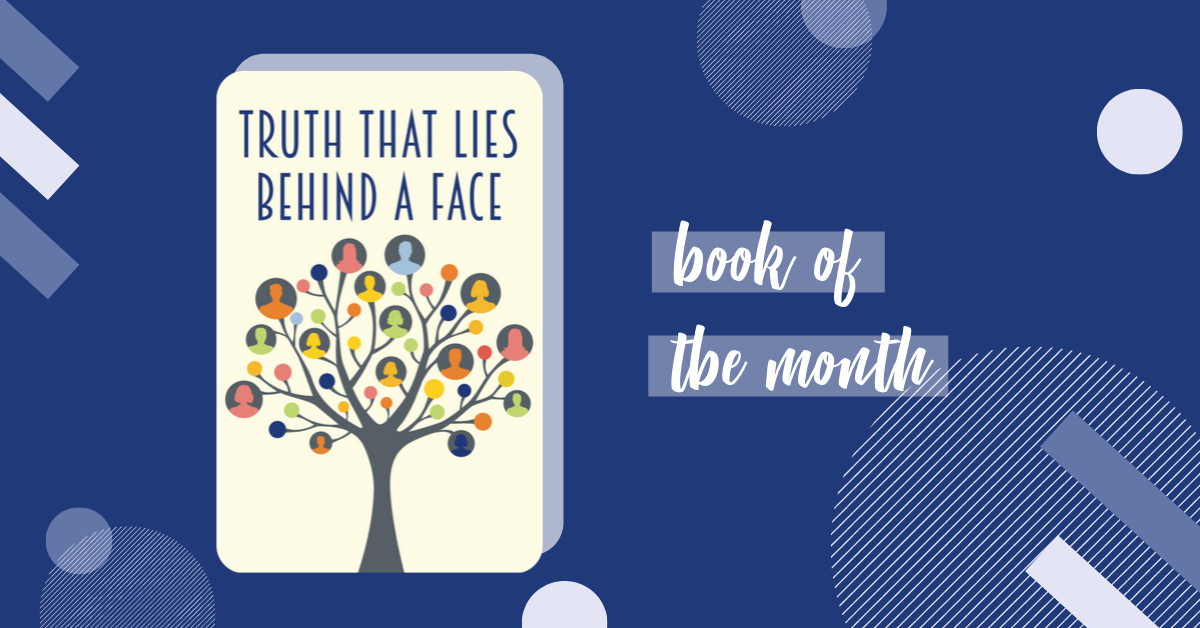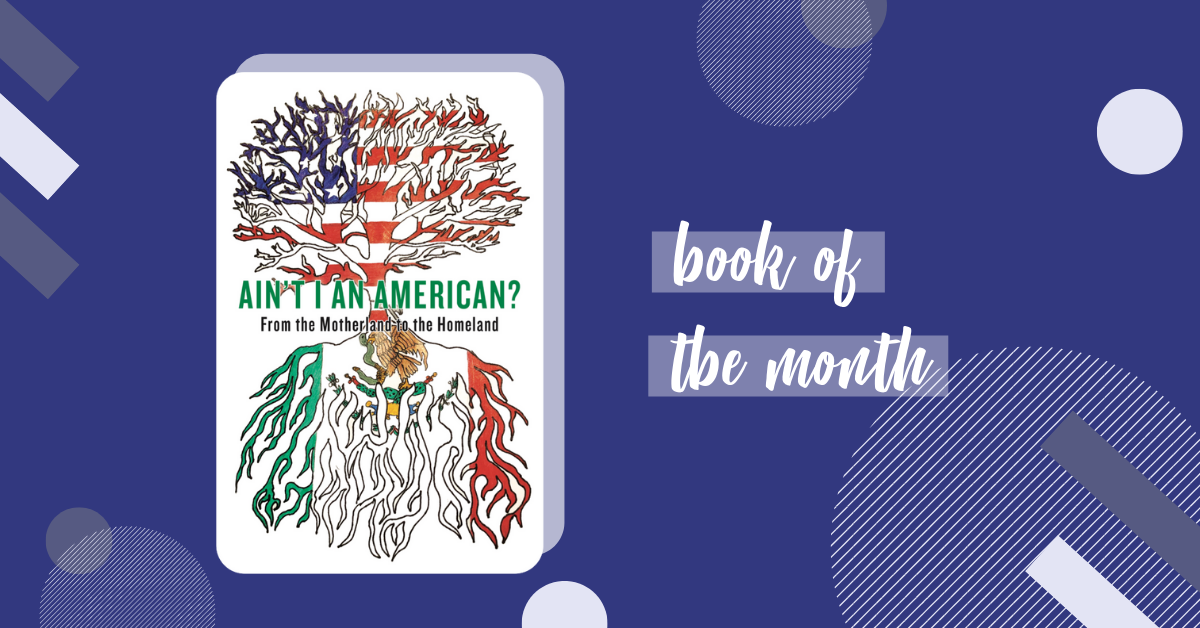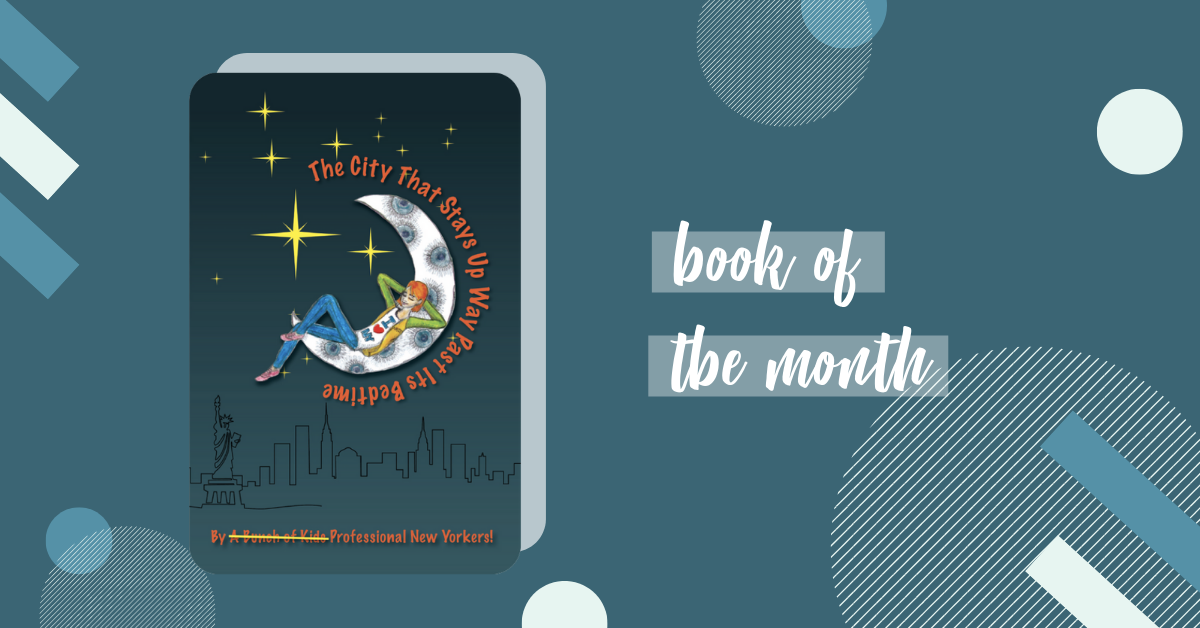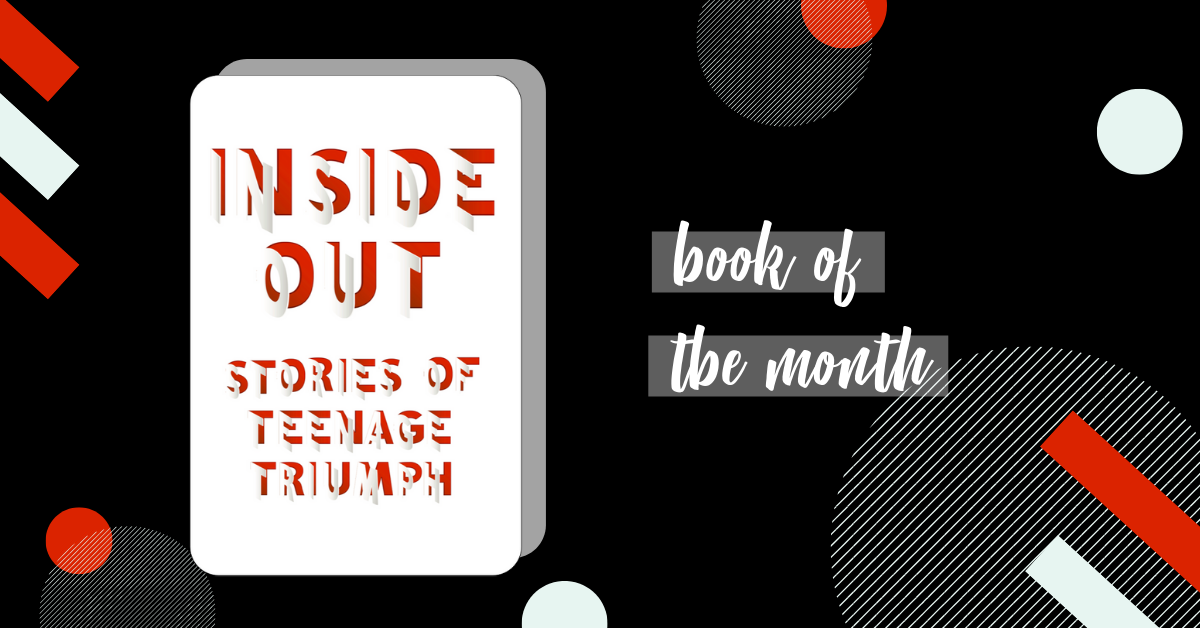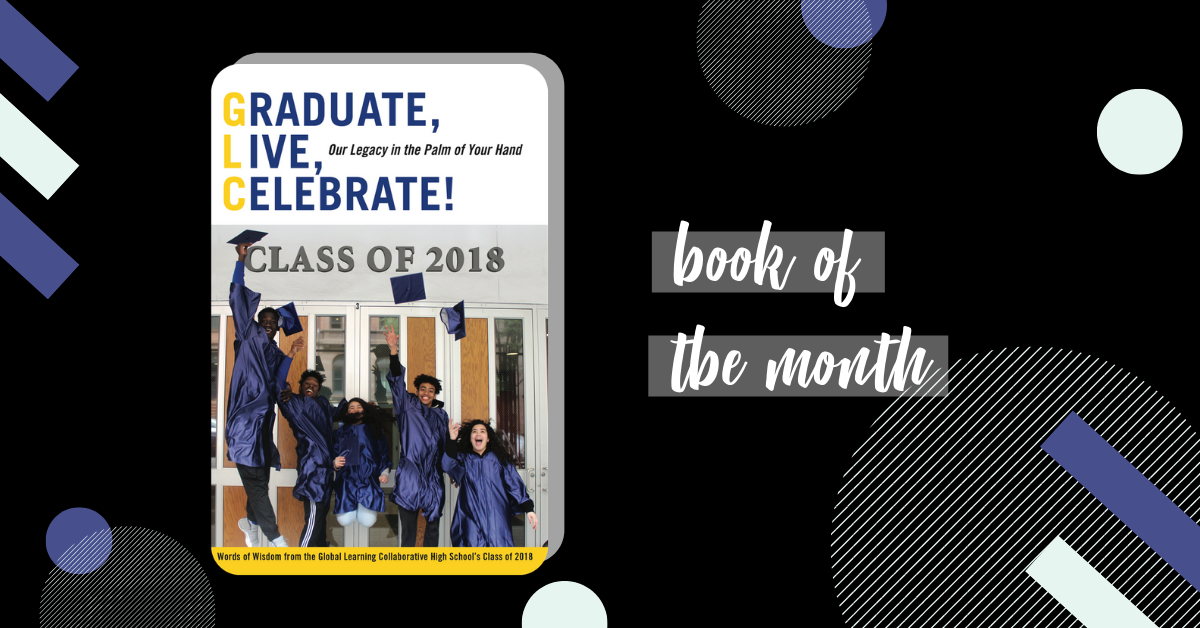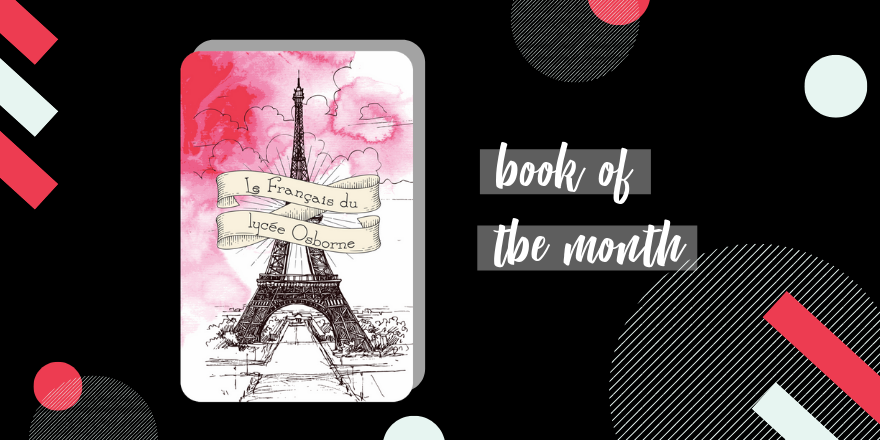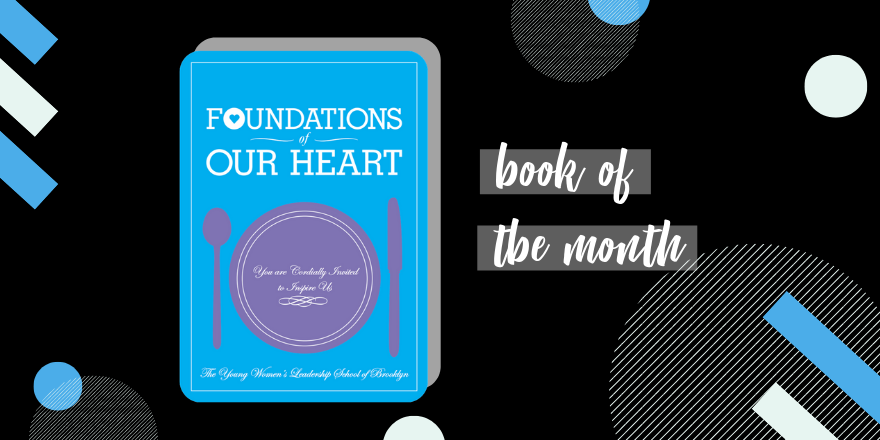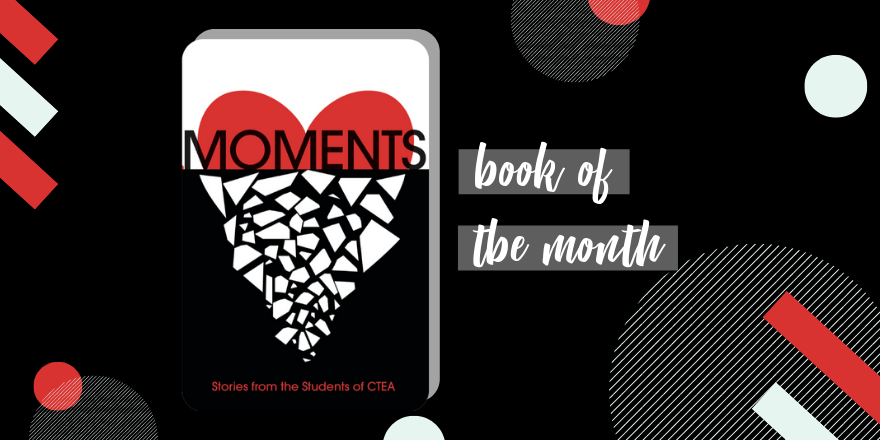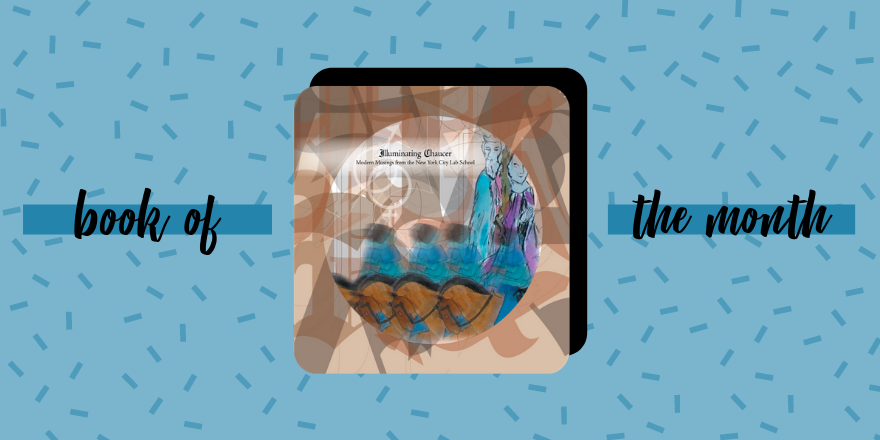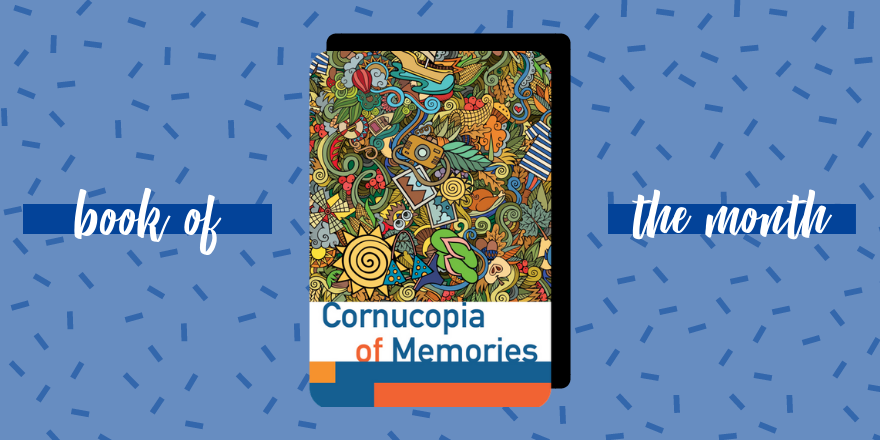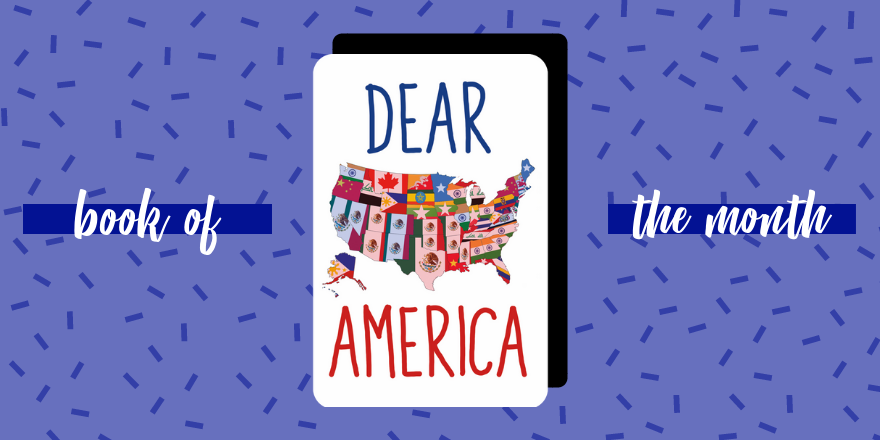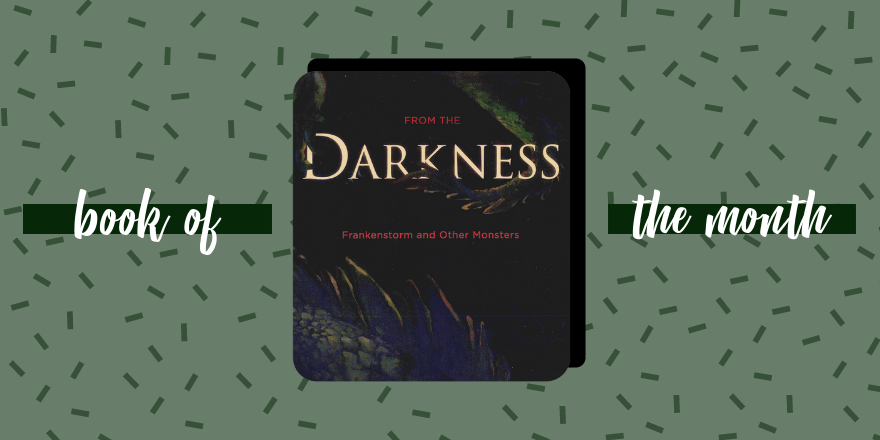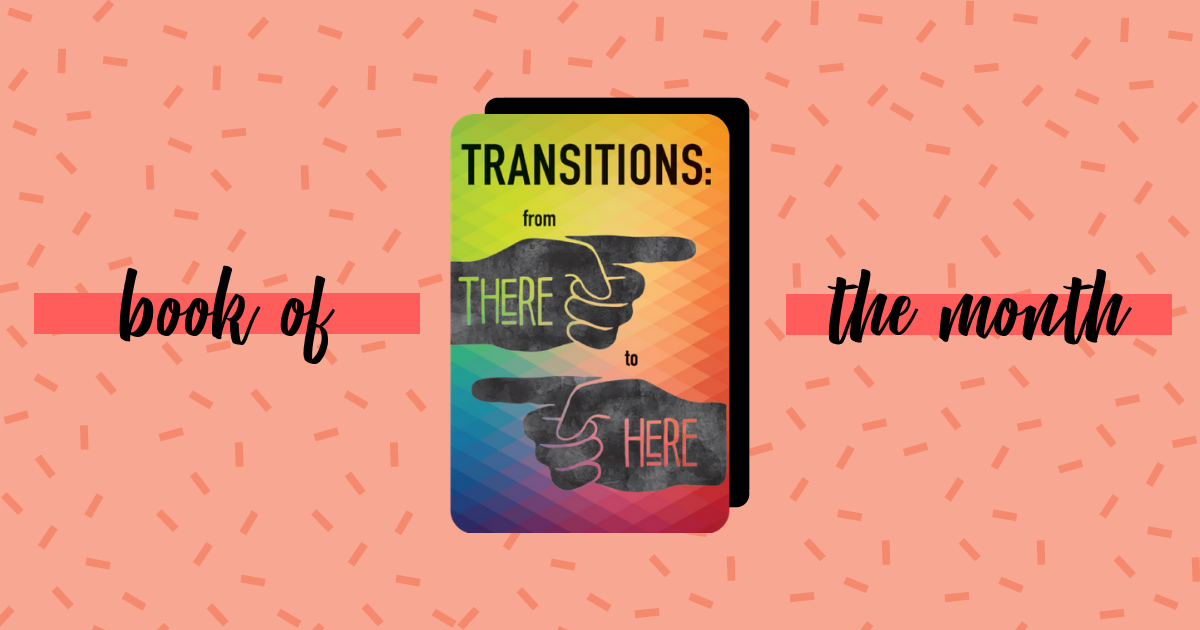|
Hope in the Darkest Eyes welcomes readers into the lives of young writers from the Bronx, many of whom are immigrants. Journey from one country to another, feel the pain of separation and the loss of a loved one, or the struggle to make new friends. Learn about the cultures and families of these young authors, and the ways in which they’ve learned valuable lessons over the course of their lives. Readers in your class are sure to find a story much like their own!
USING THIS PUBLICATION IN THE CLASSROOM We encourage you to use Hope in the Darkest Eyes as inspiration for strengths-based learning in your classroom. What can your students learn from the narratives offered in this book? Allow them the opportunity to see how other young authors are expressing responsibility, gratitude, determination, and courage — these examples can lay the groundwork for your students to write their own stories. We believe students are more motivated to research and write when their learning is connected to the real world. If you have high school seniors in your classroom, you might consider developing an inquiry unit in which your students can connect their values and experiences to their future employment. How will the characteristics they possess translate to different careers?
Voices for Equality explores the sticky problem of inequality in our communities and our world by collaborating across disciplines. In this collection of argumentative essays, poems, reflections, statistics, opinions, and spoken-word pieces, student authors from Westchester Square Academy deliver writing and passion that mirrors the multifaceted nature of injustice, enlivening readers with insight and empathy.
USING THIS PUBLICATION IN THE CLASSROOM As we approach World Day of Social Justice, taking place on February 20th, we invite you to use Voices for Equality to discuss civic engagement, and the connection between generating ideas and enacting change. Students are keenly aware of the inequalities in their neighborhoods, their cities, and the world — encourage them to take action by staging a debate or creating a social media campaign to galvanize their passion for community matters. Challenge students to write about social justice from many vantage points, broadening not only their content knowledge, but their understanding of various genres. Spark discussion by asking your students how they can focus on solutions, even when problems seem overwhelming. What strengths do they already possess to face life's challenges?
Challenges can spark many reactions. For some students, a challenge is an obstacle to overcome. For others, it can be a moment to reflect on personal growth. In Defying the Odds, student authors offer gritty and unfailingly honest personal narratives that speak to their struggles, and reveal watershed moments in their young lives. Readers will encounter stories that spark admiration and compassion, and will find themselves inspired to forge ahead despite adversity.
USING THIS PUBLICATION IN THE CLASSROOM This book reveals the tenacity and hope that students possess, even in times of difficulty. Defying the Odds prompts discussion around topics not easily talked about in classrooms. We invite you to use this publication to support your students in reflecting on personal challenges. As your students craft their own stories, allow them to consider how they might respond to situations in which there are no easy answers. Consider designing an inquiry unit around notable figures who have maintained hope in unimaginable circumstances, and who learned to lead themselves and others. Ask your students to explore the motivations behind this resilience, and the importance of connecting to others in difficult times. Dare to engage your students in reflecting on the challenges faced in their own lives and communities .
Some communities are accidental, others are intentionally created. At the Morris Academy for Collaborative Studies (MACS), students have the opportunity to participate in Peer Group Connection (PGC) — a mentoring initiative for juniors and seniors, and a unique space for students to foster community and expand their leadership skills.
In The Heart of the Matter, PGC members use the themes of pathos, logos and ethos to celebrate the value they place on their community and the growth they experience as members. This collection offers a mix of reflections, research, and personal narratives to demonstrate why peer connections are so critical for personal development. USING THIS PUBLICATION IN THE CLASSROOM As you contemplate community-building opportunities for your students, consider these questions:
We invite you to use this book to honor the communities that exist in your life. Consider creating a project for students to explore the histories of their communities and the rituals, characteristics, and values they celebrate. Challenge your students to compose spoken word poems or songs about their communities, inviting outsiders to become insiders. Go public by creating a space for these creations to be performed and celebrated within your school community. Opportunities for peer collaboration and mentorship are incredibly valuable, and we believe your students will step up to the challenge!
In this diverse book of suggestions, tips, and words of wisdom, students share their knowledge on the topics they care about most. Want to know about love? Apps? A young man's perspective on makeup? What it takes to be good at your sport? The students of Glenbard East High School have it covered. The student authors of So You Wanna Know... tackle the angst and uncertainty of high school with humorous, heartfelt tales that reflect their own individual experiences.
USING THIS PUBLICATION IN THE CLASSROOM We encourage you to use So You Wanna Know… to spark discussions among students who are new to your school, or about topical issues within your classroom. Use this text to generate ideas for cultivating community within your school, such as launching a school webpage of student resources or creating a class blog. When students take on the role of experts and share their ideas in the public domain, they can experience a powerful sense of community and ownership over their choices. We believe all students have expertise to share, particularly when it comes to their lived experiences, and they can be valuable resources to one another as they navigate the difficulties of high school.
Most of us are curious about our beginnings, but the student authors of Truth That Lies Behind a Face went a step further by asking how their origins have shaped who they are today. From Harlem, to Guinea, to a Brooklyn shelter, to the Dominican Republic, these reflective and moving autobiographical pieces frame student identity in new ways.
USING THIS PUBLICATION IN THE CLASSROOM We invite you to use this book as inspiration for students as they map their lives and origins. Who will they celebrate from their family tree? What stories are told over and over at home? How have they made it to where they are now? Ask students to learn the art of synopsis alongside a storyline structure, inviting their audience to see how the past informs present experience. Personal histories are powerful learning opportunities for students and as they discover the past, with its many achievements and complexities, they form pathways to understand current events. 9/10/2019 Book of the month: Using student publication to celebrate diversity and combat stereotypes
Now more than ever, America is struggling with its own identity. Ain’t I An American? kindles the conversation around identity among young people in a way that challenges and exposes the assumptions we make about each other.
Having more than one way to define yourself is both something to celebrate and a source of tension. Society often celebrates fitting in, not standing out. Readers of Ain't I An American? will be challenged by strong emotions, deep questions, and truthful experiences as its student authors work through critical questions surrounding their identity.
USING THIS PUBLICATION IN THE CLASSROOM
Ain’t I An American? is a powerful text that can provoke inquiry and critical thinking as students investigate what it means to be an "American". The narratives and illustrations included in this publication call the reader to new ways of seeing difference and celebrating diversity. We invite you to use this text to help cultivate community at the start of a new school year. Curate a gallery of photo essays, collages, or drawings to represent your students' experiences. Present research findings alongside these images as statistics, create mini documentaries, and conduct interviews that will inform and persuade others to think differently about identity in America. Students speak to these issues in ways politicians can’t, and we encourage you to provide a platform for their voice! By prompting students to document and envision America as a place where they belong, we can celebrate the multiple identities of all people in our nation.
You’ve just arrived, clutching your bags to your chest, zigzagging around pedestrians, staring wide-eyed at the chaos around you — how can everything be so big? — and you wonder how you’ll ever find your way around this place.
Welcome to 6th grade. And New York City. Whether you’re a tourist entering the big city or a kid entering the big leagues of secondary school you know this feeling: it’s called lost. Fortunately, the students at NEST+m have successfully navigated both uncharted territories, and they’re here to help. Come explore New York through eyes a little closer to the ground. Experience the wonder of touring a real submarine (p. 43), discover a subway station in disguise (p. 14), view the offices of Spider-Man’s Daily Bugle (p. 35) and spend a night at the museum with Teddy Roosevelt (p.40). But be warned: with so much to see (and read!), you might be up past your bedtime.
USING THIS PUBLICATION IN THE CLASSROOM
We invite you to use this text to spark inquiry in your classroom, and to imagine the potential for projects that position your students as experts. Use this publication as an example of how students can be engaged and empowered when given a purpose for their writing, especially when they're speaking to topics in which they have first-hand experience. As you consider the pedagogical implications for writing articles like those included in The City That Stays Up Way Past Its Bedtime, you might even learn a thing or two about NYC!
Becoming a leader can be a challenging process. In Inside Out, student writers at the Morris Academy for Collaborative Studies offer thoughtful and compassionate reflections on their experiences as peer leaders. Through personal narratives, these young authors reflect on how to achieve success in a negative environment, how to navigate the journey to adulthood, and more.
Perhaps most importantly, they invite us to critically reflect on our perceptions, understandings, and assumptions about what it means to be both a teenager and a leader.
USING THIS PUBLICATION IN THE CLASSROOM
How do we inspire students to become leaders? First, we ought to help them believe they can become one. Inside Out is a powerful example of what budding leaders can achieve with perseverance and a desire to help others. We invite you to use this text to inspire your students to reflect not only on the meaning of leadership, but also on how they can become more active members of their school community.
Graduate, Live, Celebrate is a collection of advice-based essays inspired by high school seniors investigating the legacy they want to leave behind following their graduation. Written for incoming freshmen at The Global Learning Collaborative in New York, this publication allows the GLC’s class of 2018 to reflect on their time as students, share their insider knowledge on how to navigate a new school, and offer their thoughts on how new students can make the most of their time in high school.
USING THIS PUBLICATION IN THE CLASSROOM
As we approach graduation season, a number of feelings can surface, especially for high school seniors. We invite you to use this publication as a way to ask your students what wisdom they’d like to pass on to others, or even as an innovative way to battle senioritis! Graduate, Live, Celebrate is a powerful reminder of how meaningful tasks can allow students to flourish. Its authors were able to take ownership of their perspective, offer expertise, and work together as a community to generate powerful writing for a real-world audience. Le Français du lycée Osborne offers a glimpse into beginner-level French curriculum, as understood by first-year students at Osborne High School. Created for children who are new to the language, as well as more proficient French speakers, this collection will take you on a journey from the foundations of French to the picture book scenarios imagined by Osborne students.
USING THIS PUBLICATION IN THE CLASSROOM
We invite you to use this text to explore the basics of French from the perspective of young learners, and as an opportunity for your students to practice their French language skills. This publication is also a powerful example of what project-based learning can look like in your classroom, and how students can cultivate a love of language, explore their creativity, and celebrate their learning. Inspired by Judy Chicago’s The Dinner Party, eighth grade students at The Young Women’s Leadership School of Brooklyn set out to create an ode to inspirational individuals, including their parents, siblings, teachers, and even civil rights activists. While creating Foundations of Our Heart: You Are Cordially Invited to Inspire Us, these students had a unique opportunity to explore their roles as artists and authors through the generation of artist statements, table settings, and invitations addressed to those they wished to honor. USING THIS PUBLICATION IN THE CLASSROOM
Foundations of Our Heart offers offers powerful examples of young women exploring their creative capabilities. Their creations are particularly relevant for Women’s History Month, as many of the individuals they are inspired by are women, including mothers, teachers, and even former First Lady Michelle Obama. We invite you to use this book to celebrate the many successes and accomplishments of the women in your students’ lives, and to explore the ways in which women provide inspiration for the future. Use this text to imagine your own multimodal projects, where your students can flourish as authors and artists, and serve as inspiration for others! To be the first to hear about our book of the month updates, subscribe to our emails! A first kiss. The first day in a new school. The first loss of a loved one. These are some of the stories told in Moments, a collection of narratives written by students from the High School of Construction Trades, Engineering, and Architecture, located in Queens, NY. Comprised of four sections ― adventure, love, loss, and home ― Moments captures the sorrow and spontaneity of growing up. Pick up this book, immerse yourself in these stories, and bring back the nostalgia of days past. USING THIS PUBLICATION IN THE CLASSROOM Writing can be therapeutic ― it can initiate a journey of reflection that can help us redefine our world. By transforming feelings into words, the young authors of Moments gained a better understanding of how they’ve been shaped by their personal experiences. We invite you to use this text as an opportunity to inspire students to express themselves through writing. Use it to inspire prompts, stimulate discussions, and render reflection. Each of Moments’ themes can help you engage with your students in multiple ways, and the theme of love is particularly fitting for the month of February. As you immersive yourself in these candid and heartfelt accounts, you may even be reminded of your own high school sweetheart! To be the first to hear about our book of the month updates, subscribe to our emails! Illuminating Chaucer, an interdisciplinary project created with the New York City Lab School, showcases the creativity of students as they immersed themselves in the analysis of medieval times and Middle English literature. This project provided them with an opportunity to creatively express their reactions to classic works of literature USING THIS PUBLICATION IN THE CLASSROOM
The classics are often difficult to understand, even for experienced readers. As a result, students are often hesitant or frustrated as they engage with texts like The Canterbury Tales. However, by reimagining how they engage with these texts, we might be able to ease their experiences. Diversifying your instruction is particularly useful as you explore ways prepare students for Regents exams. We invite you to use this text to reimagine the teaching of literature and explore how your students can create their own rhymes inspired and informed by their interpretations of the classics. There’s a saying in Spanish that goes, “no cuentes los años, cuenta los recuerdos” (don’t count the years, count the memories). Like so often happens, a little gets lost in translation - a word play in this case. But the essence remains: rather than “counting”, you should “tell” your memories. Inspired by the novel Like Water for Chocolate, students at the Bronx High School of Business collected some of their family recipes and wrote memoirs inspired and informed by their favorite dishes. Inside, you’ll find recipes for dishes such as, sweet beans cream, fish soup, and pozole - unique delicacies from around the world - each of which brings back a warm and nostalgic memory. USING THIS PUBLICATION IN THE CLASSROOM
Cornucopia of Memories provides an intimate glimpse into its authors' most treasured memories, as well as their process of reflection and self-discovery as writers. We invite you to use this text, particularly around this time of year, to inspire projects that explore culture, customs, and/or traditions. Each memoir in this collection can serve as a powerful example of how to incorporate rich imagery and sensory details into written pieces, as well as how to write from the heart! What would you say to America if you could? Current events challenge us to think about our changing country, and how new immigration policies deeply affect high school students and their families. At the Bronx High School of Business, one teacher joined forces with her students, many of whom are immigrants, and decided to speak to America. In Dear America, these young people share their experiences and opinions through essays, and tackle some common myths about immigration. The result is a powerful collection of student voices speaking to teachers, parents, and policy-makers USING THIS PUBLICATION IN THE CLASSROOM
November, the month of Election Day, is also a month when political ideologies and perspectives on various issues are discussed throughout the country. One issue that affects a great number of students in our school is the issue of immigration. The student authors of Dear America embarked on a journey of inquiry throughout their writing process, in an effort to share their personal perspectives on the subject. We invite you to use this text to inspire writing prompts of your own, related to the issues that affect and resonate with your students most. Furthermore, we invite you to use these texts to foster the often difficult, yet critical conversations regarding immigration. We believe that when students explore the perspectives and experiences of other students like them, it can help create a safe space for sharing, making connections, and ideally, building empathy. From the Darkness, a collection of memoirs written by the junior class of Hoboken High School, treats the reader to tales of conflict -- the driving force behind all great literature -- with monsters. Through confrontations with nature, man, society, or themselves, these young authors discover their strength, tenacity, and beauty. USING THIS PUBLICATION IN THE CLASSROOM
“Darkness” is a fitting theme for the month of October. We encourage you to use this text to embark upon a study of conflict and support students in expanding their understandings of this literary element. How can it be represented in various genres and texts? Furthermore, we invite you use this publication to explore writing projects inspired by questions such as: How does a teenager combat nature? How do they confront one another? How do they confront themselves? Enjoy reading the life stories of these students and learning about the fears of adolescence. We hope they will leave you inspired to face your own monsters! 9/10/2018 Book of the month: using student publication to reflect on experiences in times of growth and change
To be the first to hear about our book of the month updates, subscribe to our emails! Adolescence is a time of significant transitions, and this publication reflects the voices of elementary and middle school students whose poems and narratives touch on a variety of momentous shifts in their lives. Writers from PS 36 and Fredrick Douglass Academy II have written, edited, and revised works to represent the rich transitions they have anticipated, observed, and undergone. Their pieces resonate powerfully and convey beautiful insights into their personal lives, communities, and futures. USING THIS PUBLICATION IN THE CLASSROOM
With the start of the academic year, students begin a journey of learning, self-discovery, and conflict. More often than not, their journeys have something in common: change. The young authors of Transitions: From There to Here share an exploration of their life through writing. They engaged in project-based learning, their voices were celebrated, and they became a community of learners as they worked on this publication, which we consider an authentic assessment of their learning. Just like these young writers, many more are part of the multitude of projects the Student Press Initiative helps design and execute each year. Teachers and students across the city reimagine writing curriculum so that it is authentic, celebratory, project-based, and Common Core aligned. In this way, the Student Press Initiative aims to reconnect teachers with the ideals that first brought them to the classroom. We invite you to explore the poems and narratives written by students, professionally printed and published and available for purchase through Amazon. Furthermore, we encourage you to consider the possibility of pursuing a student publication project of your own this year! We believe this anthology, along with the 650 others we’ve helped publish over the years, serves as a powerful example of the humanizing effect of writing and the quality of students’ work when they write purposefully. |
|
The Center for Professional Education of Teachers (CPET) at Teachers College, Columbia University is committed to making excellent and equitable education accessible worldwide. CPET unites theory and practice to promote transformational change. We design innovative projects, cultivate sustainable partnerships, and conduct research through direct and online services to youth and educators. Grounded in adult learning theories, our six core principles structure our customized approach and expand the capacities of educators around the world.
|
ABOUT US
525 West 120th Street, Box 182 New York, NY 10027 416 Zankel Ph: (212) 678-3161 [email protected] Our Team Career Opportunities |
RESOURCES
Professional Articles Ready-to-Use Resources Teaching Today Podcast Upcoming PD Opportunities |
COACHING SERVICES
Custom Coaching Global Learning Alliance Literacy Unbound New Teacher Network Student Press Initiative |

